Auckland, 21 August – Science and Innovation Minister Steven Joyce today announced that the Government’s new Advanced Technology Institute will be named after Sir Paul Callaghan.
Mr Joyce says, ‘The late Sir Paul Callaghan championed the idea that science could make New Zealand a better place’. He believed that science….. was not only about great ideas, but about getting value from those ideas through innovation and commercialization. Those views exactly reflect the ambition of the Institute, so there can be few more appropriate names.
The details of the Institute name will be worked through with the Establishment Board and confirmed by Cabinet in the coming weeks. Mr Joyce also announced that NZQA Chair Sue Suckling would lead a seven-member Establishment Board tasked with having the ATI up and running by the end of the year. Board members are Industrial Research Ltd (IRL) Chair Michael Ludbrook, Plant and Food Research Chair Michael Ahie, IRL board member Richard Janes, entrepreneur Neville Jordan, Auckland Transport director Paul Lockey, and Australian company director Michele Allan.
The ATI will be a one-stop shop that will help high-tech firms become more competitive by better connecting them with innovation and business development expertise within the Institute, around the country, and internationally. Mr Joyce says, “It will focus on industries with significant growth potential such as food and beverage manufacturing, agri-technologies, digital technologies, health technologies and therapeutics manufacturing, and high-value wood products. This will encourage innovation, competition and greater commercialisation in these sectors”.
The ATI will take over some business development functions that currently sit within the Ministry of Business, Innovation and Employment. That will include the administration of some business research and development grants. This is a high-caliber board with a broad range of skills and experience that will be invaluable in decision-making in areas such as the Institute’s strategic direction, its infrastructure and staff requirements, the recruitment of a chief executive, and engaging with stakeholders and staff at a number of agencies that are affected by the Institute’s formation. The Chair will play an executive role until a chief executive is employed, and Sue Suckling’s considerable experience in change management and governance, including as the establishment Chair of AgriQuality NZ, will be of great benefit. With IRL’s functions transferring to the Institute, the presence of Michael Ludbrook and Richard Janes on the Board will help assure close cooperation at board level in managing a smooth transition with negligible impact on IRL’s business activities.









